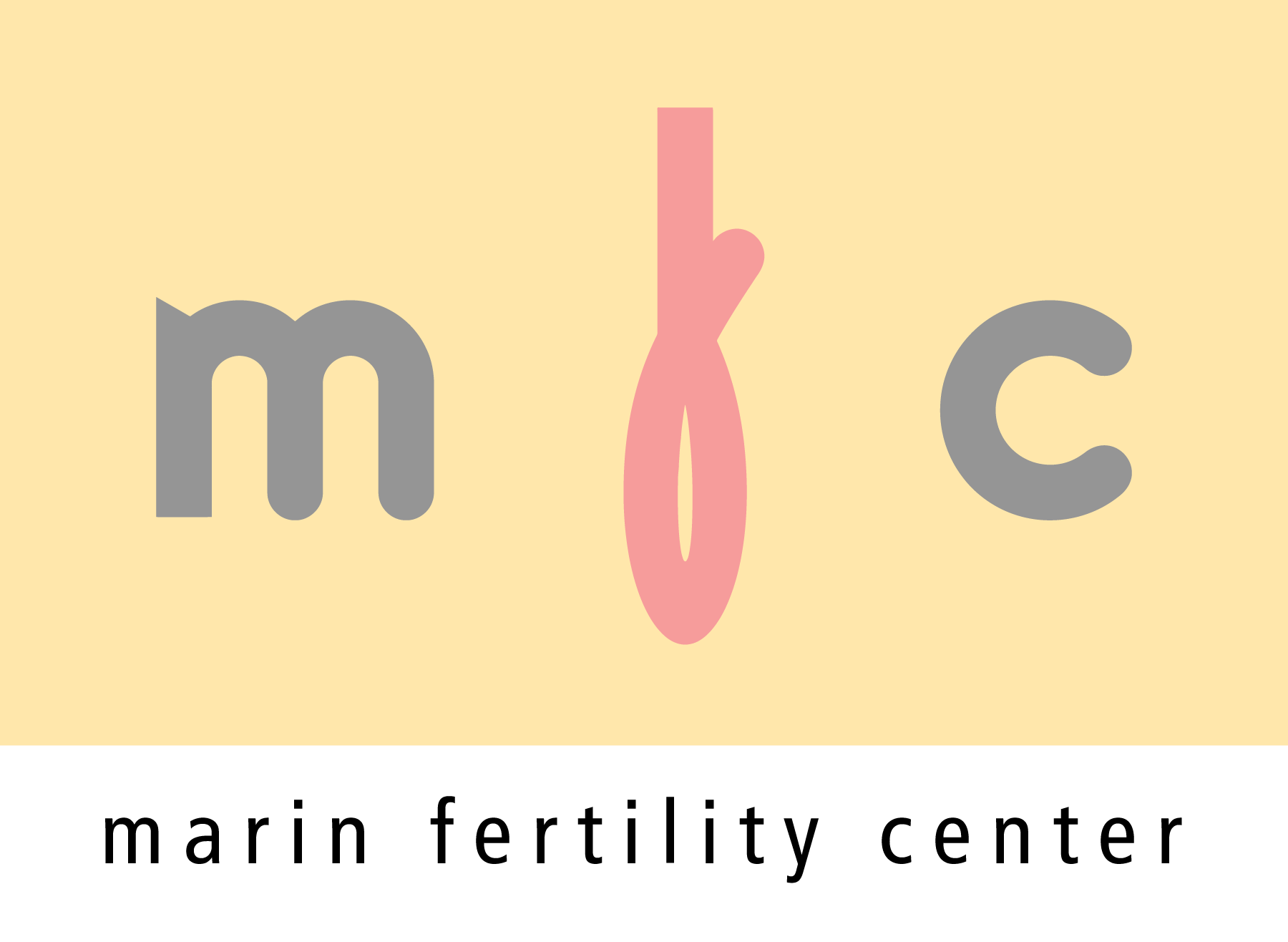Diminished Ovarian Reserve (DOR): What It Means for Your Fertility
What Is Diminished Ovarian Reserve?
Diminished ovarian reserve (DOR) refers to a reduced quantity and quality of a woman’s remaining eggs. As women age, the ovarian reserve naturally declines, but in some cases, this process accelerates earlier than expected. This can lead to fertility challenges even in women under 35.
DOR is typically diagnosed through fertility testing, including hormone levels (AMH, FSH, Estradiol) and antral follicle count via ultrasound. Women with DOR often have regular periods but reduced chances of natural conception.
What Causes Diminished Ovarian Reserve?
Several factors may contribute to DOR:
- Age: The most common cause of reduced ovarian reserve.
- Genetics: Family history can influence the rate of ovarian decline.
- Medical treatments: Chemotherapy, radiation, and certain surgeries may affect egg quantity.
- Endometriosis or autoimmune disorders: May damage ovarian tissue or function.
When to See a Fertility Specialist
If you’re under 35 and have been trying to conceive for over 12 months or over 35 and trying for 6 months, it may be time to speak with a fertility doctor. At Marin Fertility Center, Dr. Peter Uzelac and our team use advanced diagnostics to assess your ovarian reserve and tailor a treatment plan.
We offer options like:
- Fertility preservation through egg freezing
- Mild stimulation protocols for IVF
- Counseling on optimizing egg quality
Can You Improve Diminished Ovarian Reserve?
While you can’t increase the number of eggs, some steps may help support egg quality:
- Maintain a healthy lifestyle (diet, sleep, low stress)
- Avoid smoking and excessive alcohol
- Consider antioxidant supplements (under medical guidance)
Early detection is key, if DOR is suspected, preserving fertility while viable eggs remain may be your best course of action.
